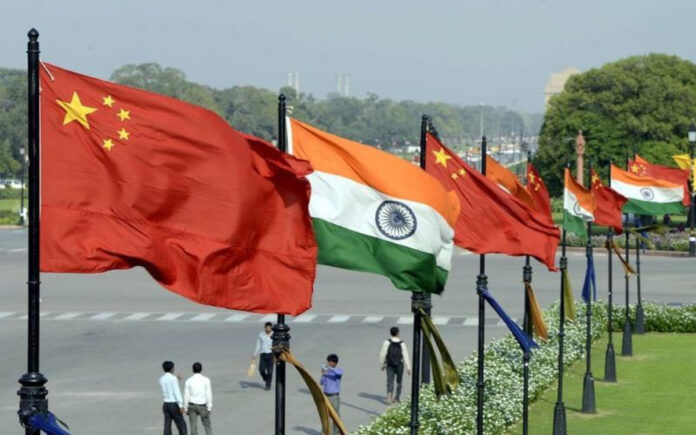New Delhi: Indian companies in the electronics, solar, and electric vehicle (EV) sectors are experiencing significant delays and disruptions as a result of China’s restrictions on the export of key components and machinery, according to the Global Trade Research Initiative (GTRI) report released on Thursday. The think tank suggests that these measures could be Beijing’s response to India’s recent actions restricting Chinese investments and visas.
“This also signals deeper geopolitical tensions and trade war. We hope India-specific restrictions go away soon as they will also hurt China,” said Ajay Srivastava, Founder of GTRI. He added that while China’s export restrictions are hurting India’s electronics, solar, and EV industries, they are also detrimental to China’s own manufacturing and export sectors.
GTRI confirmed that Indian companies across these critical sectors are facing substantial delays, with China blocking vital exports of machinery and components. Srivastava pointed out India’s particular vulnerability to such export curbs, as many of its key industries rely on Chinese machinery, intermediate goods, and components to maintain production flows.
India’s imports from China reached USD 101.73 billion in 2023-24, a rise from USD 98.5 billion in 2022-23. In light of this, Srivastava stressed the importance of India standing firm against unreasonable demands from China and working toward building stronger domestic manufacturing capabilities while diversifying supply chains.
“India must stay firm against unreasonable demands from China and focus on building local manufacturing capabilities and diversifying supply chains,” Srivastava remarked. He emphasized the critical need for India to reduce its dependence on Chinese imports.
In response to these challenges, India has increasingly sought to strengthen its trade and manufacturing ties with other key global players. “India must also strengthen partnerships with Japan and South Korea to source high-quality components for electronics, solar panels, and EVs. Engaging with these countries will help India cut reliance on China and build more resilient supply chains,” Srivastava added.
Also Read | Israeli Cabinet Postpones Ceasefire Decision as Gaza Death Toll Rises
As the United States continues to grapple with its trade relations with China, Beijing has already imposed export restrictions on critical minerals and high-tech equipment. China’s merchandise exports in 2024 totaled USD 3.6 trillion, generating a trade surplus of USD 992 billion, the report notes.
Despite US efforts to reduce reliance on Chinese goods, the report highlights that China remains a key player in global supply chains. As a major supplier of raw materials and intermediate goods to countries such as Mexico, Vietnam, and members of the ASEAN group, China is integral to the production and export of finished products to the US. These ongoing export restrictions are seen as part of China’s broader strategy to retaliate against US sanctions on Chinese technology firms.
China’s key actions have included imposing controls on gallium and germanium exports in August 2023, essential materials for solar cell production. In December 2024, China extended its restrictions to include gallium, germanium, and antimony, which are critical for semiconductors and defense technologies. This marked a direct response to the Biden administration’s restrictions on Chinese chip-making equipment exports and the blacklisting of 140 Chinese firms.
In January 2025, China proposed adding lithium extraction and battery cathode technologies to its list of controlled exports, critical for the production of EV batteries. These strategic moves further illustrate the complexity of global supply chains and the growing tensions in the trade relations between China and the US, and by extension, other global markets.



